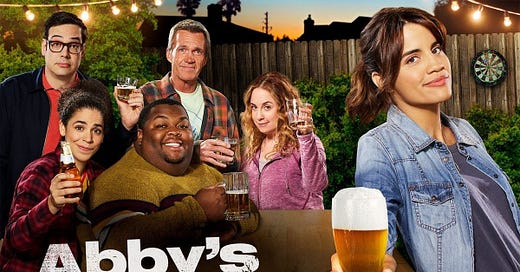
Every day I get a bunch of email newsletters that I look forward to reading. Dylan Byers media newsletter from NBC is a good one. As is Brian Stelter’s media newsletter at CNN. And Australia’s Mediaweek newsletter from my ol’employer James Manning.
But, I guarantee that unlike the ABW newsletter, none of those have been written while travelling at high s…




